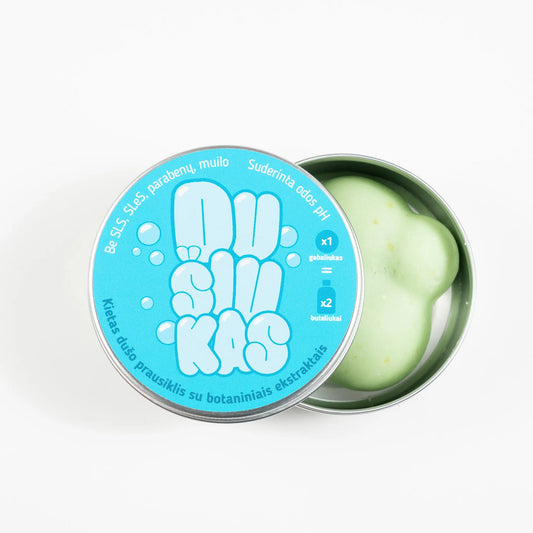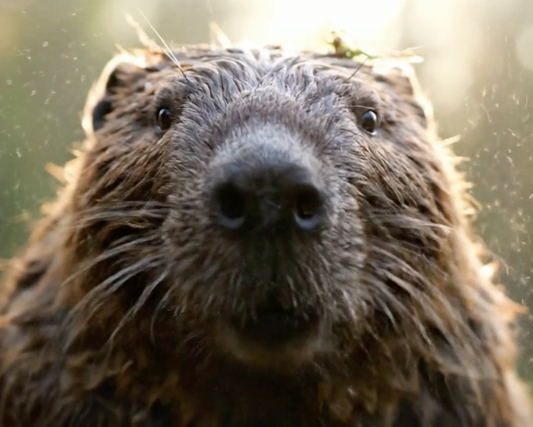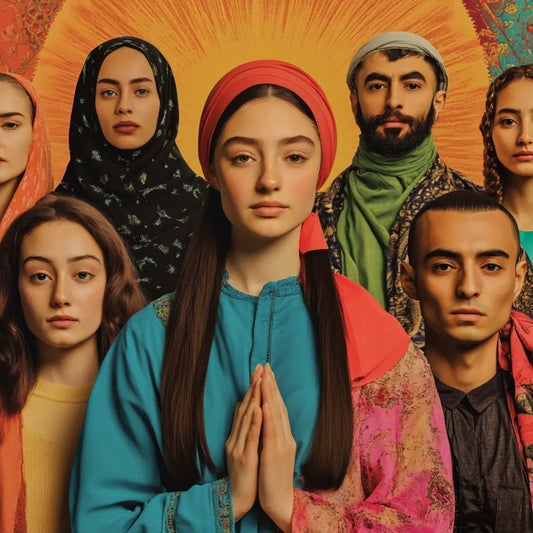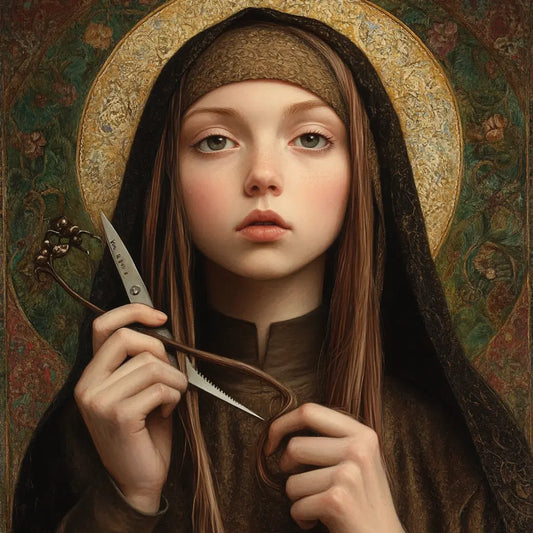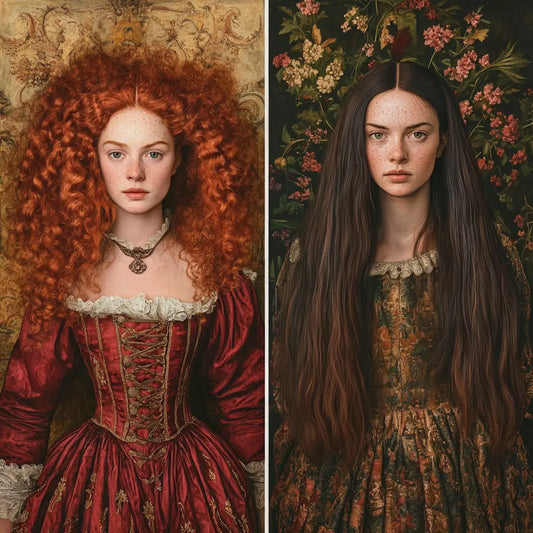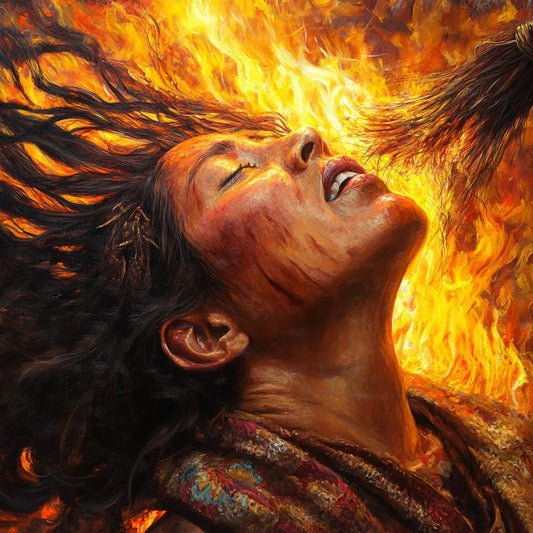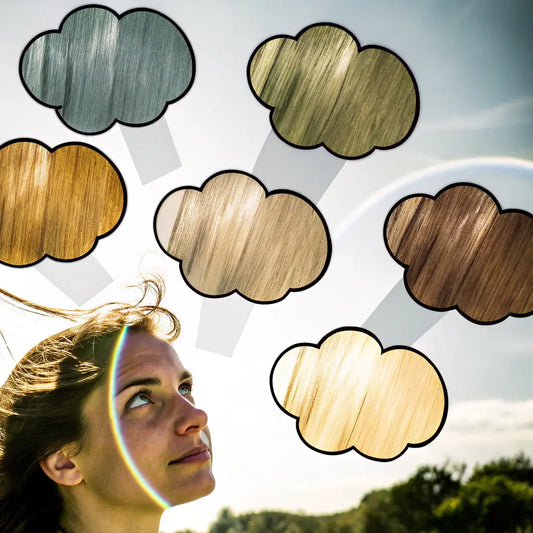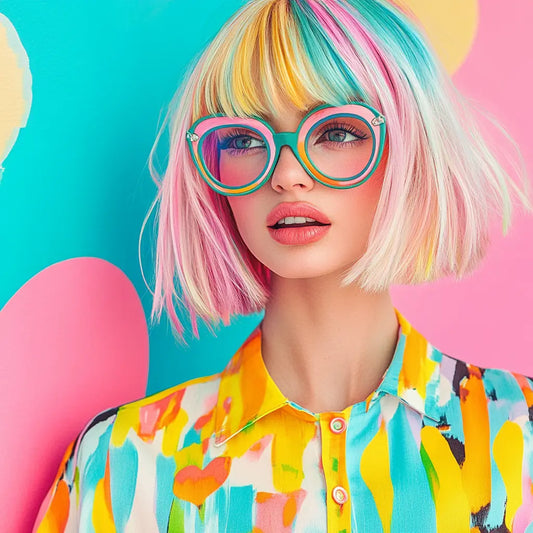In ancient Mesopotamia, hair was more than just a fashion statement. It had deep symbolic connotations, representing power, authority, and identity. For both men and women, hair was an important way to express their social standing in society. The appearance, style, and care of hair reflected a person's status, profession, and even spiritual beliefs. Hair was a visible sign indicating a person's connection to deities, leadership, or personal worth.
Hair also had a deep connection to religious practices and major life events. For example, hair-cutting rituals marked important stages of transition, from childhood to adulthood, or symbolized fertility. In this article, we will examine how hair played an important role in Mesopotamian mythology and society. We will examine the symbolism of hair for kings, warriors, and priests, and its connection to female fertility. Finally, we will draw parallels between these ancient beliefs and the modern perception of hair as a symbol of power and status.

Hair as power and authority
Kings and Queens: Hair as a Symbol of Power
In Mesopotamian culture, hair was an essential symbol of power, especially for kings and queens. Kings were often depicted with long, thick beards and well-groomed hair. These features were not just an aesthetic choice – they had symbolic meaning, representing strength, wisdom and masculinity. Long, well-groomed hair was a clear sign that a king had the power to rule, command respect and control over his kingdom. The length and health of hair was directly linked to the ruler’s authority.
Queens, like kings, wore elaborate hairstyles, often adorned with gold and jewels. Their hair, often braided or pinned into elaborate hairstyles, symbolized wealth and influence. Mesopotamian queens played an important role not only as attendants of kings, but also as powerful figures. Their hair was an outward reflection of their status and dignity, showing that they were not just women in the court, but also leaders with influence over government and spiritual matters.
Priests and Warriors: Hair as a Sign of Divinity and Valor
In religious and military contexts, hair had a different, but no less powerful, meaning. Mesopotamian priests often shaved their heads or wore simple hairstyles as a sign of humility and devotion. Shaving the head not only symbolized cleanliness, but also signified purity and renunciation of worldly pleasures. It was a sign of the priest's complete devotion to the gods, and their appearance became a reflection of their inner spiritual state.
Warriors, on the other hand, adopted hairstyles that reflected their strength and courage. Long, uncut hair or tightly tied beards were common among warriors. Their wild appearance symbolized their readiness for battle. Hair was believed to channel a warrior's inner strength and aggression, so long, unruly hair further enhanced their image in the eyes of their enemies.
Hair was a physical sign that indicated a person's role in society - whether it was divine service or physical combat. The style or care of hair sent a clear message about a person's purpose and power in society.
Hair symbolism in religious rituals
Hair was also associated with a direct connection to the deities in Mesopotamian religion. In some rituals, hair was used as an offering to the gods. Priests would offer locks of hair to show humility or devotion. Similarly, during times of mourning, people would cut their hair as a sign of sadness or to show personal sacrifice. This reflected a deeper spiritual connection, as hair was considered a part of the person—offering it was like giving one's soul to the gods.
These religious rituals reinforced the belief that hair had mystical powers. It was not only a personal attribute, but also a tool used to communicate with higher beings and seek their favor.

Hair and fertility
In Mesopotamian culture, hair was closely associated with fertility and femininity, especially for women. Women's hair was considered a symbol of their reproductive health and potential. Long, flowing hair represented youth, vitality, and the ability to bear children. In art and literature, goddesses and mortal women associated with fertility are often depicted with thick, beautiful hair.
For many women, maintaining long, healthy hair was more than a beauty ritual—it was a way to show off their fertility and readiness for marriage. Unmarried women often wore their hair long and loose, signifying their fertility and youth. After marriage, women often styled their hair into tighter hairstyles, symbolizing their transition from virginity to family life.
Hair Cutting Rituals for Fertility
Hair-cutting rituals played an important role in fertility rites. One of the most symbolic gestures involving hair was the cutting of hair at certain life transitions. For example, hair-cutting ceremonies were sometimes part of fertility rites, where a woman would cut her hair to mark the end of one stage of life and the beginning of another, such as preparing for motherhood. This act was seen as a way to honor the gods by asking for their blessings for fertility and success.
Women who were unable to have children also participated in hair-cutting rituals to seek divine intervention. By sacrificing their hair, they hoped to gain the gods' favor, demonstrating their willingness to sacrifice part of their identity in exchange for fertility.

Parallels between ancient and modern hair power symbolism
While hair symbolism in ancient Mesopotamia was closely associated with religion, fertility, and power, many of these ideas have survived to this day. Today, hair is still a powerful symbol of identity, power, and status in various spheres of society.
Celebrity culture and the power of hair
In today’s celebrity culture, hair is still a key marker of identity and status. Think of celebrities like Beyoncé, whose hair has become a symbol of power and femininity. Celebrities often use their hair to express who they are or what they stand for. Long, lush hair can convey luxury and beauty, while a bold, extravagant haircut can symbolize self-confidence, rebellion, or personal transformation.
A noticeable change in hair in public is often seen as a statement. For example, when a celebrity drastically changes their hairstyle, it can symbolize a new phase in their life or career. Just as in Mesopotamian times, today hair can symbolize personal evolution, power, and identity.

Political leaders and symbolic hairstyles
Hair also plays an important role in the political sphere. Political leaders often have carefully considered hairstyles that reflect their authority and public image. For example, short, neat men's haircuts are often associated with professionalism, discipline, and leadership. Meanwhile, female leaders often face additional scrutiny over their hair care because their hairstyles can reflect their competence or strength.
Margaret Thatcher, often called the "Iron Lady," had a distinctive hairstyle that became part of her strong, determined leadership style. Similarly, Kamala Harris, the first female Vice President of the United States, is known for her neat, professional hairstyle that reflects her power and status.
These modern examples show how hair is still a powerful symbol of authority and leadership. Just like kings, queens, and warriors in Mesopotamia, today's leaders use hairstyles to send similar messages.
Personal identity and self-expression
On a personal level, hair is still an important tool for self-expression and confidence. People use their hair to reflect their moods, lifestyles, or even political beliefs. For many, changing their hairstyle marks a new beginning or a break from the past. Hair can symbolize freedom, rebellion, or even conformity, depending on how it is styled.
Modern hair trends, such as natural curls, shaved heads, or rainbow-colored hair, show how versatile and meaningful hair can be in today's society. Just like in ancient Mesopotamia, today's hairstyles say a lot about our identity and what we want to express to the world.
Myth busting or interesting facts about Mesopotamian hair
- Beards of Power : Mesopotamian kings were famous for more than just their crowns. Long, well-groomed beards were considered symbols of their wisdom and masculinity, signifying strength and divine right to rule.
- Gold in the hair : Royal women often adorned their hair with gold strands or jewelry. It was not just a beauty detail - it symbolized wealth, status, and influence.
- Holy Shaving : Priests shaved their heads not for fashion but to show humility and purity. It was a sign that they renounced vanity and were completely devoted to the gods.
- Hair Offerings : People often offered their hair to the gods as a sign of devotion. It was believed that by offering their hair, they could earn the gods' favor and receive blessings.
- Fertility and Hair : Women's long, lush hair was directly associated with their fertility. It reflected their ability to bear children and was an essential part of their identity in both religious and social contexts.

Practical tips
Although we don't follow Mesopotamian traditions today, here are some practical tips inspired by their hair care methods:
- Nourish your hair : Mesopotamians used oils like sesame and olive oil to nourish hair. Incorporate natural oils into your hair care routine to strengthen and add shine to your hair.
- Embrace the power of your hair : Whether you wear your hair long or short, curly or straight, embrace it as a reflection of your identity. Don't be afraid to experiment with styles that make you feel confident.
- A haircut as a new beginning : As in ancient hair cutting rituals, a new hairstyle can symbolize a new beginning. If you are experiencing a life change, consider getting a new haircut to mark this transition.
- Decorate your hair : Mesopotamian queens adorned their hair with gold and jewels. Today, you can do the same with modern accessories like hairpins, headbands, or scarves to express your style.

Frequently asked questions
-
Why was hair so important in Mesopotamian culture?
- Hair represented power, status, and fertility. It was an important symbol in social, religious, and political life.
-
Did only men wear long hair in Mesopotamia?
- Long hair was valued by both men and women, but men often grew long beards, which were considered a sign of wisdom and authority.
-
Were there special hair rituals in Mesopotamian religion?
- Yes, hair-cutting rituals were part of a religious ceremony, often symbolizing sacrifice, humility, or devotion.
-
How did Mesopotamian women wear their hair?
- Women, especially royal women, often wore their hair long and intricately styled, as a symbol of fertility and social status.
-
Are there modern parallels to Mesopotamian hair symbolism?
- Of course. Today, hair is still a symbol of power and identity, from celebrity hairstyles to the appearance of political leaders.
Conclusion
Hair was a symbol of immense power, authority, and identity in Mesopotamian mythology and society. For kings, priests, warriors, and women, it represented strength, purity, and fertility. While our modern view of hair has evolved, many of these ancient ideas are still relevant. From celebrity culture to personal expression, hair continues to play a significant role in how we present ourselves to the world.

